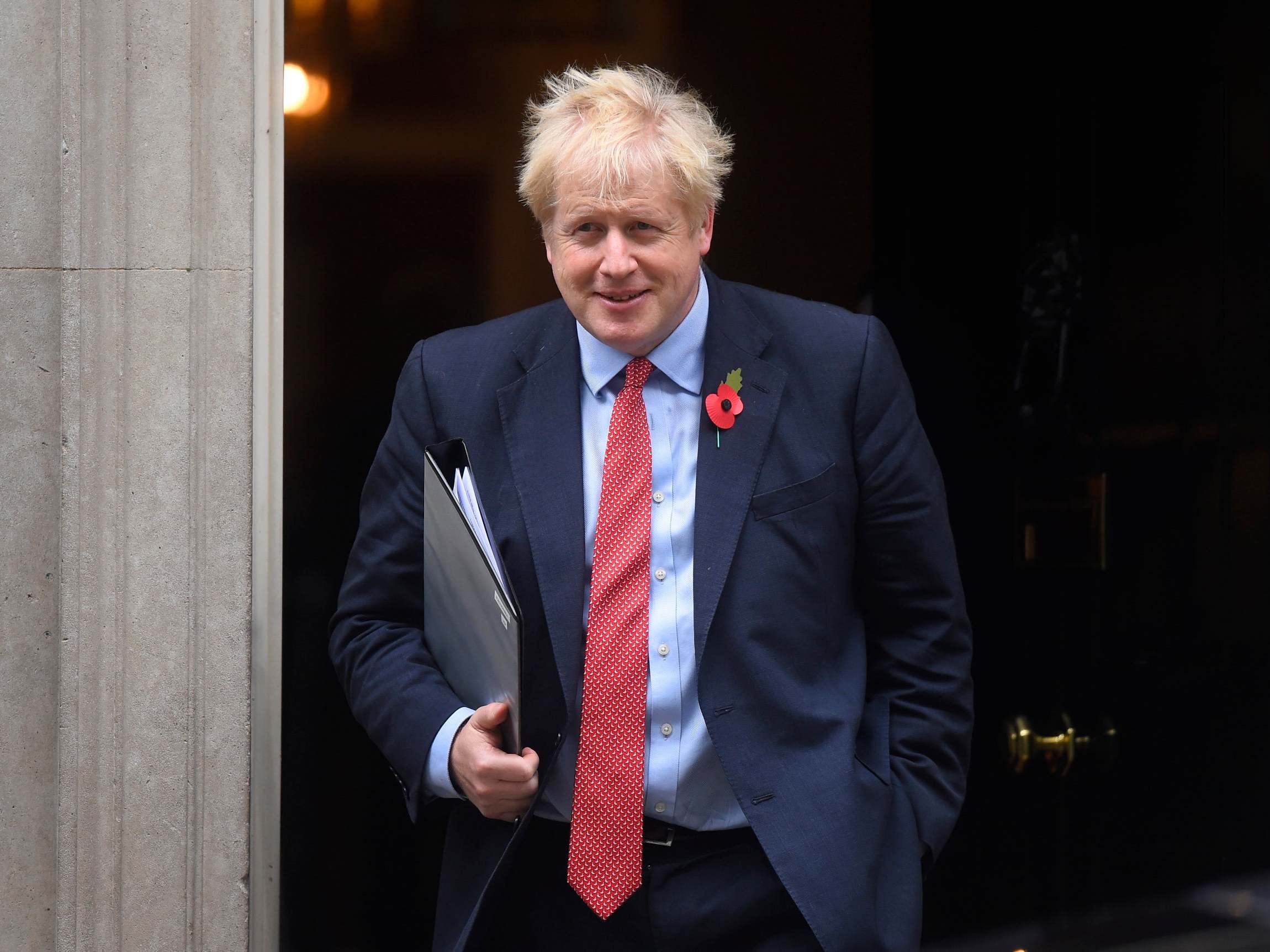Brexit extension 'may be' last one, warns EU president Tusk
Donald Tusk leaves door open to further delay past February 2020
The latest Brexit delay agreed by EU leaders "may be" the last one, Donald Tusk has said.
On Tuesday evening the president of the European Council confirmed that the UK had been formally granted an extension until February 2020, and left the door open to another one.
"To my British friends, the EU27 has formally adopted the extension. It may be the last one. Please make the best use of this time," he said in a statement posted on social media.
Mr Tusk, who is stepping down at the end of November, added: "I also want to say goodbye to you as my mission here is coming to an end. I will keep my fingers crossed for you."
The Article 50 extension agreed by EU ambassadors on Monday prevents the UK from crashing out of the EU on 31 October without a deal, and gives time for an early election to be held.
The extension was approved after Emmanuel Macron's France dropped its opposition, having previously argued that a shorter delay would be more appropriate and force Westminster to act quickly.
Boris Johnson requested the extension after parliament passed a law to prevent a no-deal Brexit on 31 October. Downing Street had claimed that Mr Johnson would find a loophole in the law, but this ultimately turned out to be an empty threat.
The declaration by EU leaders makes clear that they want the UK to nominate an EU commissioner, now that the country is planning to stay in past 31 October. The date is the planned handover date between the Jean-Claude Juncker's outgoing commission and Ursula von der Leyen's incoming commission.
"The European Council notes that, during this further extension, the United Kingdom will remain a Member State until the new withdrawal date, with full rights and obligations in accordance with Article 50 TEU, including the obligation to suggest a candidate for appointment as a member of the Commission," the declaration says.

Mr Johnson has so far refused to nominate a commissioner, and said he will not do so.
In a statement released on Tuesday, the Council said: "The European Council has adopted a decision to extend the period under Article 50.3 (of the Treaty on the European Union), in the context of the UK's intention to withdraw from the EU.
"The extension will last until 31 January 2020 to allow more time for the ratification of the withdrawal agreement. The withdrawal can take place earlier on 1 December 2019 or 1 January 2020, if the withdrawal agreement is ratified by both parties.
"For the duration of the extension the United Kingdom remains a member state with all the rights and obligations set out in the treaties and under EU law. The decision was taken unanimously by the European Council by written procedure, with the agreement of the UK. This agreement was set out in a letter from UK Prime Minister Boris Johnson to President of the European Council Donald Tusk. The European Council also agreed a declaration accompanying the decision."
Join our commenting forum
Join thought-provoking conversations, follow other Independent readers and see their replies
Comments
Bookmark popover
Removed from bookmarks